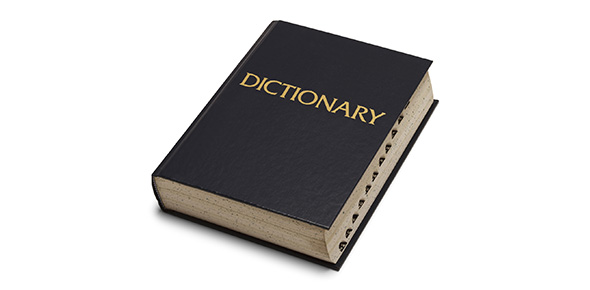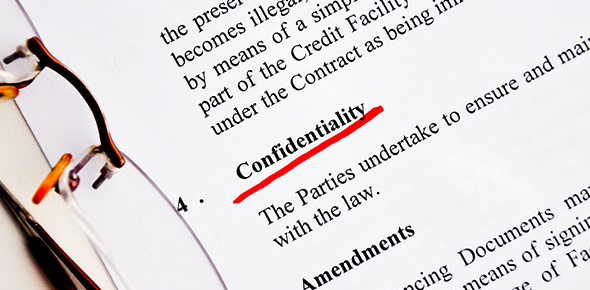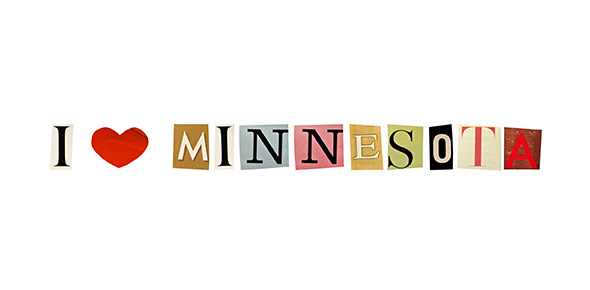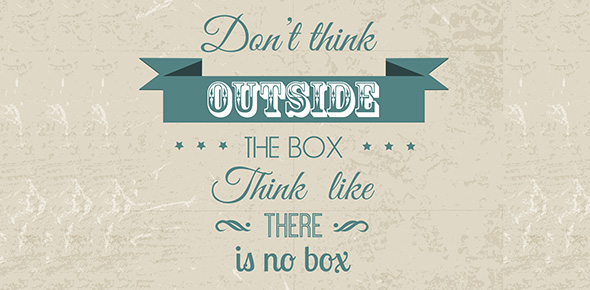Related Flashcards
Related Topics
Cards In This Set
| Front | Back |
|
Sociology
|
The scientific study of social groups and human interaction.
|
|
Globalization
|
The growth of worldwide interdependence.
|
|
Relative Deprivation
|
The act of comparing one's status to others' around him or her to set one's state of mind.
|
|
Microsociology
|
The analysis of face-to-face interactions
|
|
Macrosociology
|
The analysis of large-scale social systems.
|
|
Symbolic Interactionism
|
The idea that symbolic thought frees us from being limited to what we actually see, hear, and feel.
|
|
Functionalism
|
A theory that emphasizes the importance of moral consensus in maintaining the order of a society.
|
|
Marxism
|
A
combination of sociology and political reform that emphasized class conflict
and division of power to a greater extent than non-Marxists.
|
|
Feminist Theory/Feminism
|
Highlights
gender relations and gender inequalities as determinants of society.
|
|
Rational Choice Theory
|
Believes
that self-interest best explains society. E.g.: Marriage
|
|
Postmodern Theory
|
Believes that classic social thinkers' idea
that history has a shape has collapsed. Meaning is created by flow of images.
|
|
Auguste Comte
|
(1798
- 1857): Invented the word sociology (social physics). Wanted to contribute to
the welfare of humanity by using science to understand, predict, and control
human behavior.
|
|
Emile Durkheim
|
(1858
- 1917): Thought Comte's work lacked depth. Durkheim wanted to study social
facts (aspects of social life that shape our actions as individuals), saying,
"study social facts as things!" Viewed society as a system, such as
the human body; organic solidarity. The continuation of society depends on
cooperation.
|
|
Karl Marx
|
(1818
- 1883): Developed the materialist concept of history: social change is
prompted primarily by economic influences. "All human history is the
history of class struggles." Believes that Capitalism
is a class system that creates division and social tension. 1/3 of the world
used to be Communist.
|
|
Max Weber
|
(1864 - 1920): Saw class conflict as being
less of an issue than Marx thought it was. He said that economic influence was
just as important as ideas and values. He concluded that aspects of
Christianity influenced the rise of Capitalism.
|








